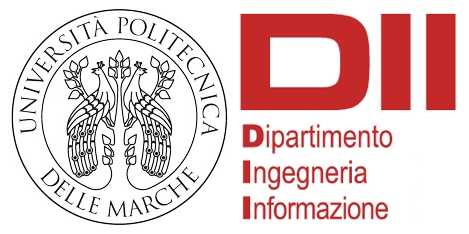Computational/mathematical modeling, pharmacokinetics/pharmacodynamics, diabetes technology, non-invasive glycemia assessment continuous glucose monitoring
Biomedical engineering methodologies support research on diabetes, metabolism and immunometabolism and allow the development of technologies and approaches devoted to the prevention, diagnosis, and treatment of diabetes (type 1, type 2 and gestational diabetes), as well as to the comprehension of relevant physiological and pathological mechanisms. Studies in this field are aimed at developing:
Istituto di Neuroscienze, CNR, Padova (Italy); Department of Obstetrics and Gynaecology, Medical University of Vienna (Austria); Istituto per le Applicazioni del Calcolo, CNR, Roma (Italy); Department of Biomedical Engineering, University of Southern California (US); Dipartimento di Scienze Motorie, Umane e della Salute, Università degli Studi di Roma “Foro Italico” (Italy)
